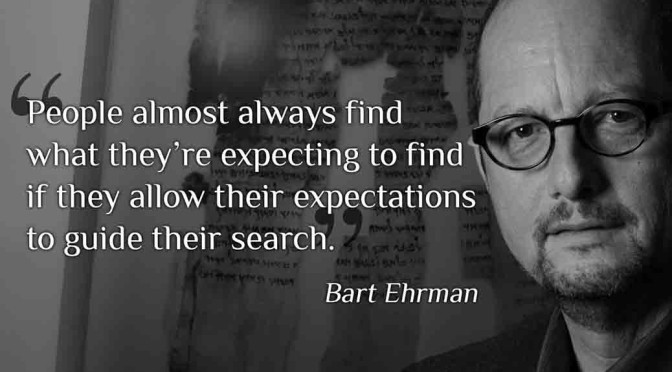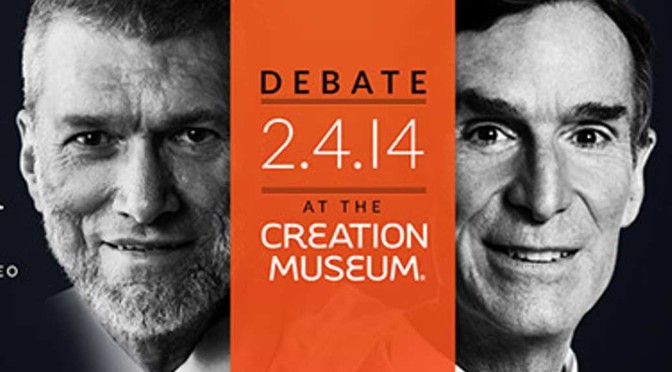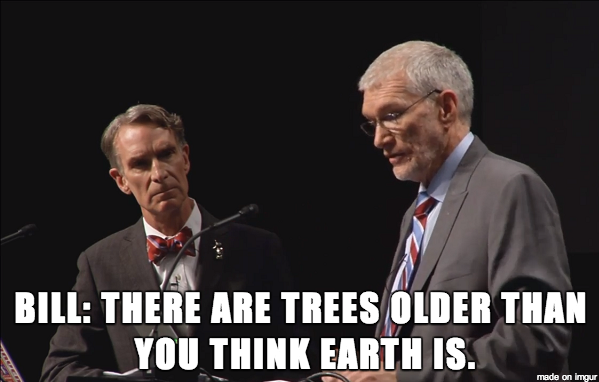By Anupum Pant
Someone shows you a random set of numbers, say 2, 4, 8 and says that I have a rule in my mind for selecting these numbers to have them in the series. Your task is to guess the rule. But the only way you are allowed to do that is by stating 3 numbers and confirming if they follow the rule or not (any number of times). The host won’t lie, will just say yes it does, or no it doesn’t. See how fast can you guess the rule that he has in his mind.
Assuming you’ve watched it, it is natural for all of us to confirm the rule that is followed by the series 2, 4, 8 over and over, assuming that it must be, the multiply-by-two rule (your hypothesis). You try to prove your that hypothesis is right, several times. Never once do you try to disprove your hypothesis (not soon enough at least), which could have straight away given you the answer. Even though the rule is pretty straight forward, you just can’t seem to figure the rule out.
This little math trick or puzzle or exercise conducted by Veritasium (a science video blog) proves a profound point.
In fact, this is a classic exercise used by teachers all over the world with which they are able to prove it to their students – Humans tend to notice or come up with a hypothesis first and then they try to prove it right every time instead of trying to prove it wrong.
This phenomenon where people constantly seek out information to prove their existing opinions and overlook the information that proves it wrong is called Confirmation bias. It affects our decision-making in all aspects of our lives and can cause us to make poor choices.
It happens all the time
You watch a conspiracy theory documentary – say the one that says, moon landing is a hoax. The documentary seeds an idea in your mind by repeatedly confirming an idea – the moon landing was a hoax – through various ‘proofs’. When you finish watching it, you go to Google and seek out information that confirms the theory; you are amazed. And then, you start noticing that some of your friends are making great points that also confirm the conspiracy. The same information coming from different sources seems genuine and now you get convinced that the moon landing was indeed a big conspiracy.
This is how conspiracy theories can make you – a rational human being – believe in something as outrageous as – the moon landing was a hoax or AIDS does not exist and so on…
This is the reason investors believe in company-failing rumors, confirm it by Googling to seek out negative opinions, overlook the positive news and make poor financial decisions in the stock market.
The profound point
As time passes, by never trying to disprove something, you collect subscriptions to blogs, magazines, books, people and television channels that confirm your beliefs. You become so confident in your world-view that people stop trying to dissuade you. At some point, if you are not cautious enough, you would stop questioning your own beliefs. You would eventually end up in a situation where everyone else knows that everything you have ever believed is actually false and you still remain a confident fool.
In science, a belief moves closer to the truth when scientists try to find evidence to disprove something. You should probably do the same in your life.
Moral: Try to never believe in something you read or hear instantly. Develop your own opinions by also feeding yourself the information that questions your beliefs and then make an informed decision.
Without disregarding it as utter B.S, this is the reason I listened to the three-hour long debate – Bill Nye vs. Ken Ham.












